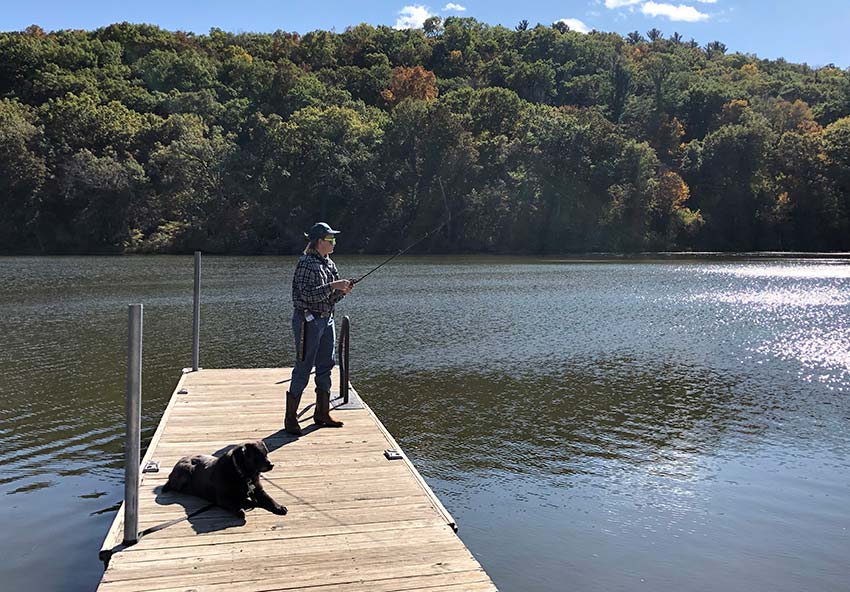Resource Directory
Rural Economic Development
RESOURCES AND GRANTS FOR RURAL COMMUNITIES
Whether you’re an individual, a business or a community organization, you can use the directory below to search a vast library of resources, tools and services. The Wisconsin Economic Development Corporation (WEDC), its economic development partners and other organizations around the state offer a range of resources on all aspects of economic well-being, from childcare and education to businesses and housing. Can’t find what you’re looking for? Reach out to us directly, we want to help.

Tribal Maternal, Infant, and Early Childhood Home Visiting Program: Implementation and Expansion Grants
U.S. Department of Health and Human Services
Health & Mental Health, Native Peoples
The Tribal MIECHV Grant Program supports evidence-based home visiting programs serving expectant families and families with young children aged birth to kindergarten entry.
Unemployment Insurance
Wisconsin Department of Workforce Development
Business, Workforce
Unemployment Insurance is a program designed to provide temporary income to eligible workers who lost their job or are working reduced hours. The Wisconsin Department of Workforce Development's Unemployment Insurance Division administers Wisconsin's unemployment insurance program.
USDA Community Facilities Program
U.S. Department of Agriculture
Child Care, Education & Schools, Health & Mental Health, Other
Community Facilities Programs offer direct loans, loan guarantees and grants to develop or improve essential public services and facilities in communities across rural America. These amenities help increase the competitiveness of rural communities in attracting and retaining businesses that provide employment and services for their residents.
USDA Rural Development Distance Learning & Telemedicine Grants
U.S. Department of Agriculture
Broadband & Internet
The Distance Learning and Telemedicine program helps rural communities use the unique capabilities of telecommunications to connect to each other and to the world, overcoming the effects of remoteness and low population density.



